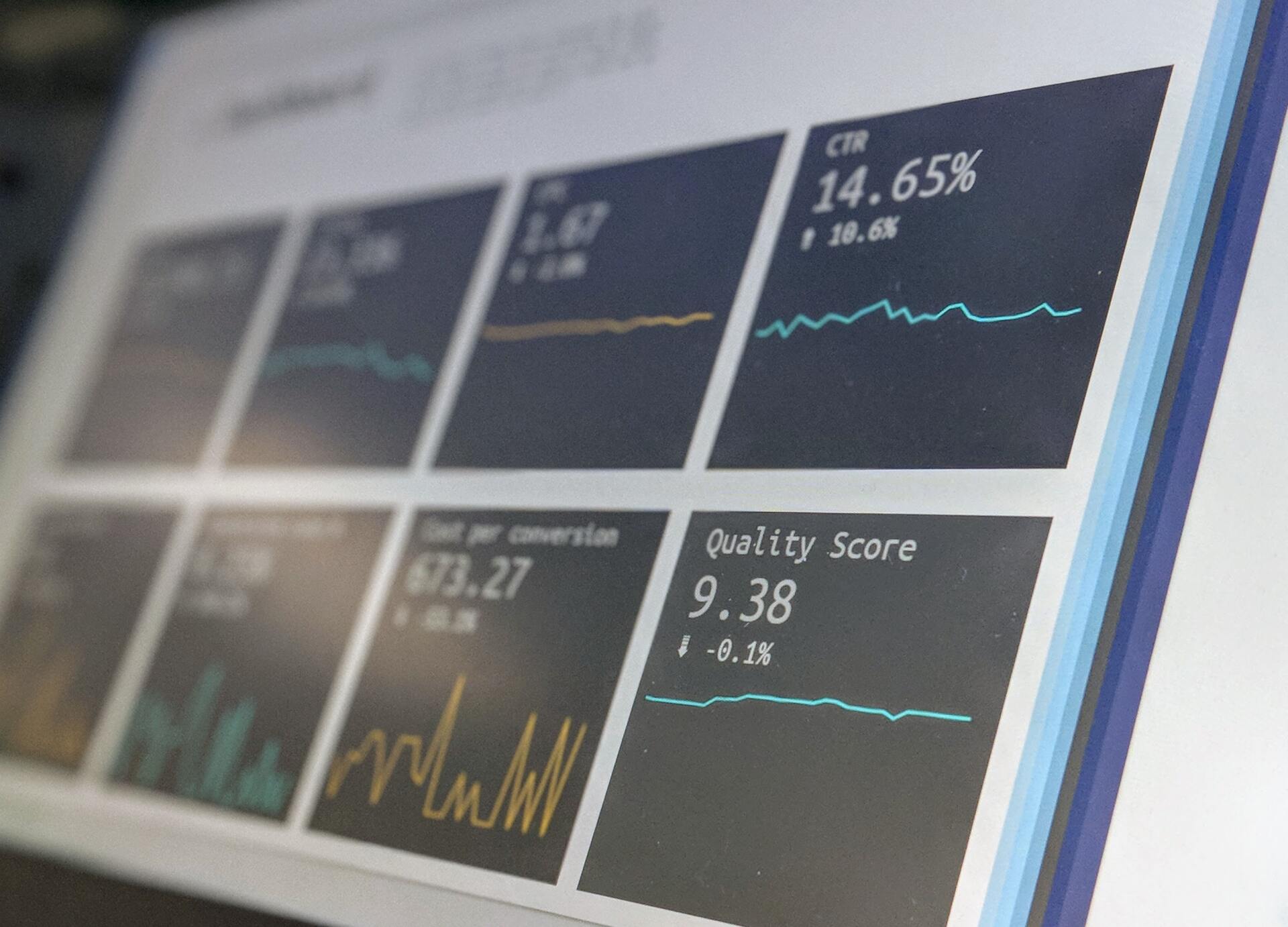5 Tips to Improve Your Website's Search Rankings
Not seeing the website traffic you hoped for...
It doesn't matter how pretty your website is if no one can find it online. If you're buried on page two, three, or beyond on Google, good luck! Experts agree that most people stick to the top five results, and most don't reach the bottom of page one during a Google search.
It doesn't have to be that way forever though. You might just need to spend some time optimizing your website for search engines. By taking some time to review this and implement proper SEO, you're likely to see an increase in traffic over time. Some of this might seem complex, if so we're here to help. But if you're looking improve some things yourself, here are five quick ways to give your website's SEO a boost!
Make Sure Your Website Is Mobile Friendly
Most people today are browsing your website on their mobile device or tablet. In fact, 72% of Canadians accessed the internet on a mobile device in 2020. As you can see, having a mobile friendly website is necessary today. Part of Google's algorithm it uses to ranks results pages is mobile responsiveness. If your website is not mobile-friendly and accessible to people using these devices, you could be missing out on a lot of visitors and traffic.
Google offers different resources and tools to help you make sure your website is mobile-friendly. Within Google's Search Console, there is a mobile-friendly test tool you can use. They also offer a guide for mobile-friendly websites to help learn more about them.
Increase Your Page Load Speed
How fast your website pages load is another factor in Google's algorithm. If pages load slowly on your website, Google ends crawling fewer of them as a result. Fortunately there are ways to increase your page load speed.
- Optimize images for web
- Enable file compression
- Leverage browser caching
- Reduce the number of URL redirects
- Improve your server response time
Slow page speed doesn't just impact search results, it increases bounces and people leaving your website. Research shows that 47% of people expect pages to load within two seconds at most. Pages that take three seconds to load result in 40% of people abandoning the website.
Develop Pillar Content
If blogging isn't a part of your content marketing strategy already, it should be. Blogging can help you rank better for different search terms and create more opportunities for customers to find you online. Pillar content, is a blogging strategy where you create of posts that are all linked together.
Pillar content starts with a main post that several sub-articles refer back to. Let's say you're a gym owner. You could start by writing a post for a "90-Day Body Transformation" plan. Your sub articles could include things like different workout routines, nutrition and meal prep recipes, supplements and recommendations, motivation and encouragement, and success stories among other topics. With this strategy you'd find a main keyword to rank for and several similar ones to include as well. You'll want to make sure these keywords are present throughout your articles and linked back to the main. Your sub-articles don't all have to be linked to each but need to link to the main one.
Once this content is developed and linked properly, you've created a trail to keep visitors and search engines crawling your website. This network of posts results in visitors staying on your website longer, engaging with more content, and learning more about your business. This is also beneficial for what terms you rank for and where on search engine results pages.
Create Internal & External Links
With the pillar content strategy from above, you create a series of internal links. These are important. Your website should have pages linking to other ones across your site. External links are also very valuable. These are where you send traffic to other websites. While that may sound confusing, it's actually helpful for your rankings. Creating external links to authoritative and relevant websites help search engines better understand the context of your content and how helpful it is to users. Another benefit of creating external links is they can result in other companies linking back to yours. This can be very helpful when trying to rank higher.
Update Page Titles and Meta Tags
Your website's page titles and meta tags should never be overlooked. These are essentially the navigational aides search engines and users use to crawl across your website. Think about when you go to a hardware store. If you need to find something like screws, you could walk down every aisle until you find them on the right shelf. Or you could walk by each aisle and look at the sign that tells you what kind of items you'll find on those particular shelves. That's basically what meta tags and page titles do for search engines.
If you're looking to improve your search engine rankings, these are four meta tags you should pay attention to:
- Meta Keywords: The series of keywords you think are relevant to the page.
- Title Tag: Also referred to as the page title, this is the text you’ll see in the tab at the top of your web browser.
- Meta Description: The short description of that web page that appears when you share a link. It offer a quick glance of the info on the page.
- Meta Robots: Instructions search engine bots should know when crawling website.
Looking to give your rankings a boost?
If you're looking to improve your search rankings and get ahead of your competitors, we should talk. Our search engine experts would love the chance to help outrank your competition and increase page views. We offer both search engine optimization and pay per click advertising packagers to help you give your website traffic a boost!
Contact us today to learn more about these services and how we can work together!






